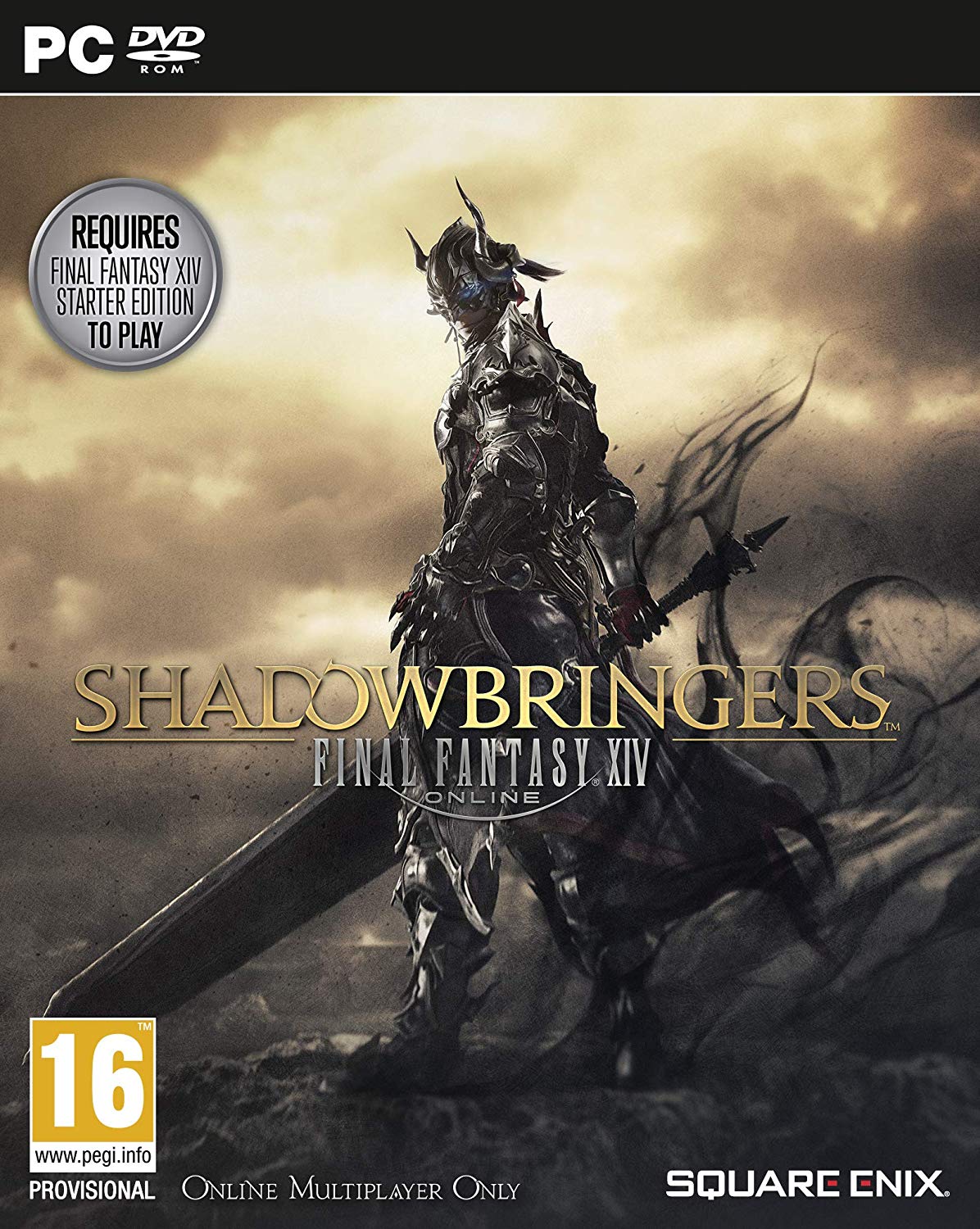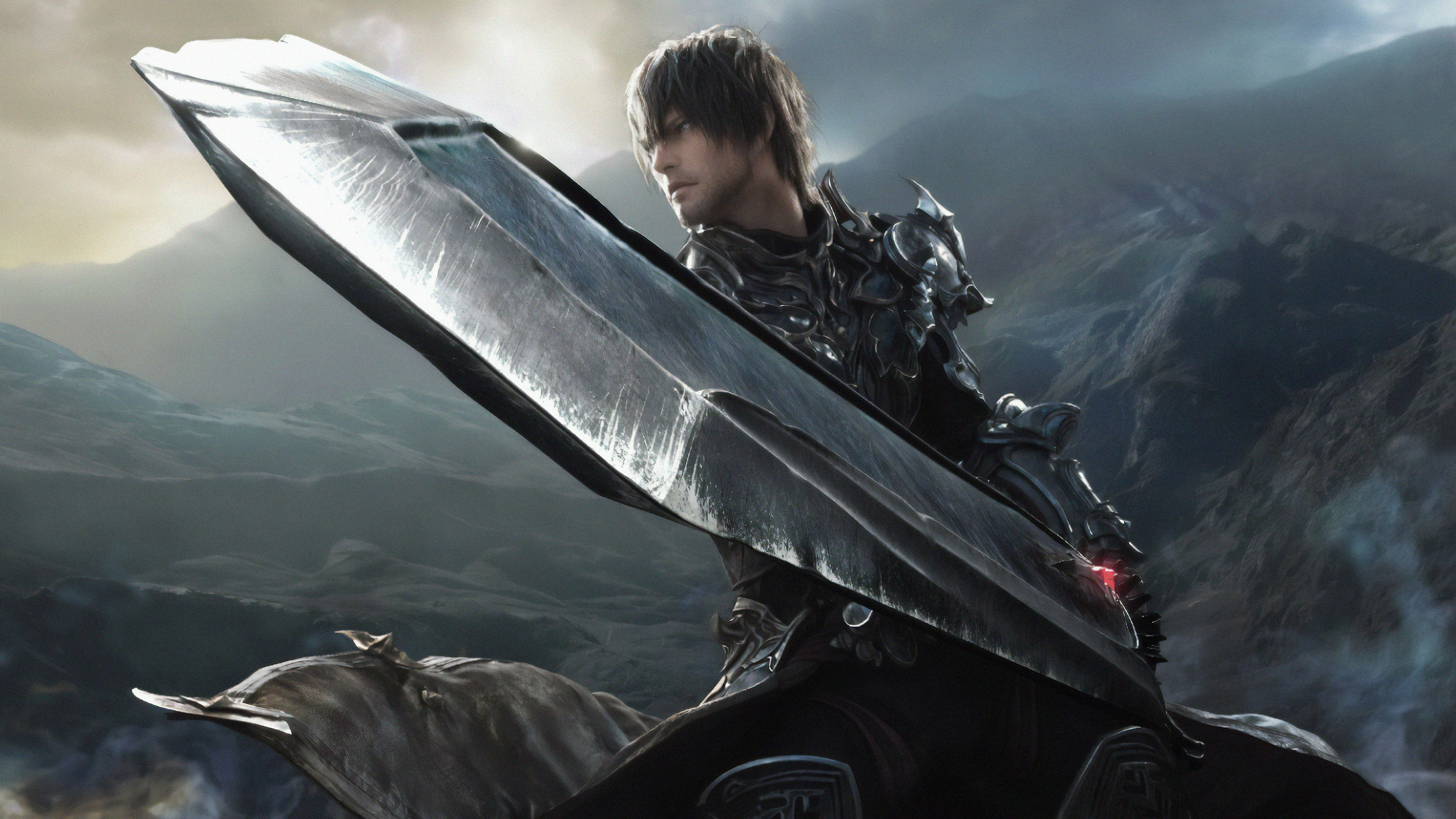

After a poor 2013 fiscal year, Square Enix executives attributed the company's 2014 return to profitability in part to the game's strong sales and subscriber base, reaching a total of over 24 million registered players by October 2021, also becoming the most profitable Final Fantasy game to date. The game released to largely positive reception critics praised the game for its solid mechanics and progression, and they commended Yoshida for turning the project around. The original version shut down in November 2012 and was followed by an alpha test for Version 2.0. This new game, initially dubbed "Version 2.0", features a new game engine, improved server infrastructure, and revamped gameplay, interface, and story. This team was responsible for generating content for the original version as well as developing a brand new game which would address all of the previous release's criticisms. In response, then-Square Enix President Yoichi Wada announced that a new team, led by Yoshida, would take over and attempt to fix the issues with it. The original Final Fantasy XIV, released in September 2010, was a commercial and critical failure.

As Eorzea recovers and rebuilds, the player must deal with the impending threat of invasion by the Garlean Empire from the north. Through the gods' blessing, the player character escapes the devastation by time traveling five years into the future. At the conclusion of the original game, the primal dragon Bahamut escapes from its lunar prison to initiate the Seventh Umbral Calamity, an apocalyptic event which destroys much of Eorzea.

Final Fantasy XIV takes place in the fictional land of Eorzea, five years after the events of the original 2010 release. Directed and produced by Naoki Yoshida, it was released worldwide for Windows and PlayStation 3 in August 2013, as a replacement for the failed 2010 version of the game, with support for PlayStation 4, PlayStation 5, and macOS releasing later. Don’t get me wrong, I love the CDs, the art books, and the plushies - but I love the minions more.Final Fantasy XIV is a massively multiplayer online role-playing game (MMORPG) developed and published by Square Enix. I also have a wide variety of physical merchandise that I bought just to get the exclusive minion code, though I try my best not to buy up the entirety of the Optional Items store in one go. I’m counting down the days until The Rising, all for that adorable Emet-Selch minion, and I know I’m not the only one. Sure, I love that they’re fun and quirky, but ultimately I just want to get my grubby hands on whatever new minion has just been added to justify the celebration. This is one of the main reasons I play seasonal events on day one. There is still loads of side content I need to tackle to hunt down even more minions, but that’s one of the great things about having those gaps between main scenario patches - it gives us time to be true to our WoLs personalities beyond what the game bestows upon us. PvP was something I didn’t know I would gel with, but I found myself playing it long past getting the minions I had my eye on. It’s always a nice bonus to discover I enjoy some of the content more than I thought I would. I started hunts for minions, and took part in FATEs, PvP, and more, all just to get more of the squishy little pets. The majority of optional FF14 content I play is done with the sole purpose of earning new minions. If I want to ship my Warrior of Light with Estinien, I’m not letting canon stop me! It’s a great way to feel like we're taking hold of the reins of fate for our character, even if the game has other plans for eventual developments and relationships. Events not only impact our character’s canonical place in the universe, as in many cases, roleplayers flesh out the story beyond what the game offers to add even further depth. Not only does it change the world around us and set the guidelines for what we experience, but the narrative often punches us in the heart with unexpected twists and emotional turns. The plot undoubtedly shapes our character.

We might determine which side quests we complete and how our role changes throughout the experience, but ultimately, the fate of our characters is already decided. We choose their background, we decide how they look, then we pick their class before setting off into the world. The same can be said for Final Fantasy 14’s Warrior of Light. Even in games that offer tailored gameplay bolstered by dialogue trees, divergent story paths, or moral choices made by the player, there’s always an underlying plot that dictates your character’s narrative.


 0 kommentar(er)
0 kommentar(er)
